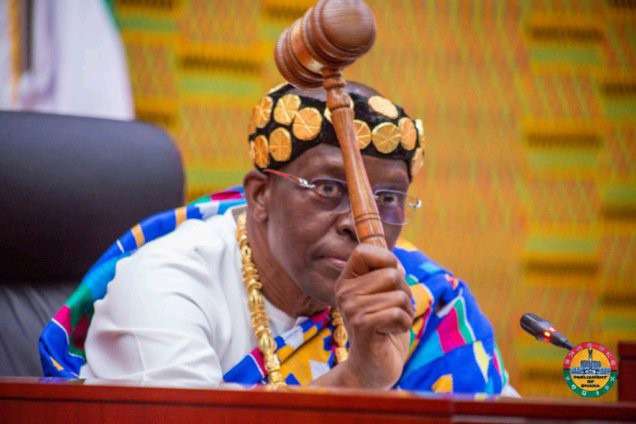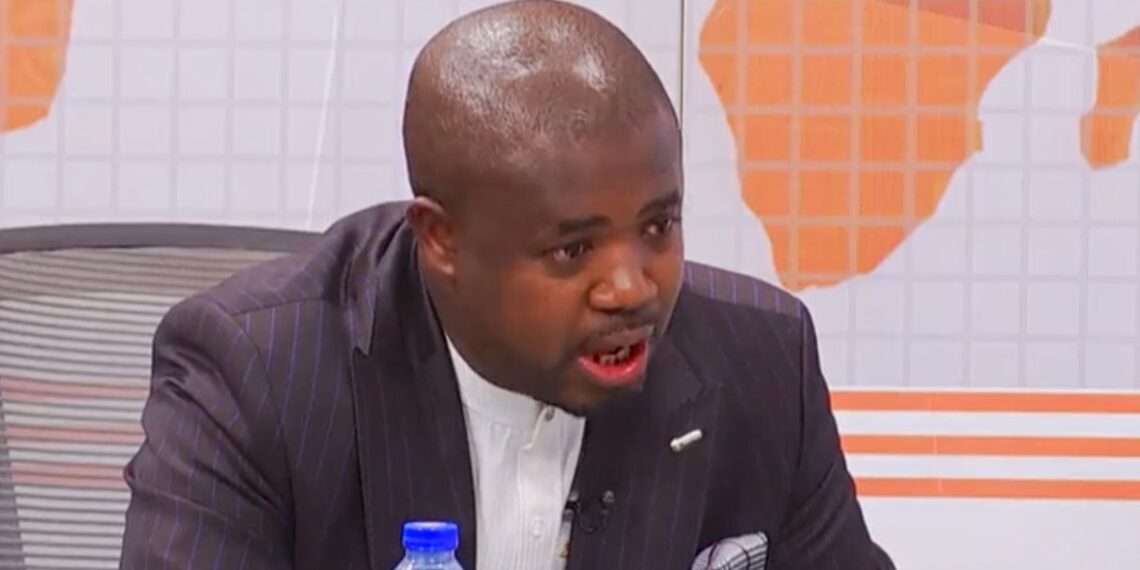The Director of Legal Affairs for the National Democratic Congress (NDC), Godwin Edudzi Tamakloe Esq. has backed Speaker Rt. Hon Alban Bagbin statement that the disputed Members of Parliament-elect (MPs-elect) are not fit to be sworn into office by him, subsequent to the Supreme Court ruling in quashing the high court order.
His commentary reflects on procedural nuances, historical precedents, and the election of a new speaker for the 9th Parliament.
Tamakloe began by expressing gratitude to individuals and experts who have supported his party in their political journey.
“In this political conversation, you need help. And on this campaign, there were many people who came through for us in our campaigns. It’s only fair that I use this platform to appreciate them.”
Godwin Edudzi Tamakloe Esq. Director of Legal Affairs, National Democratic Congress (NDC)
Addressing the procedural aspect of inaugurating a new parliament, Tamakloe highlighted the role of the Clerk of Parliament.
“At this critical moment, the responsibility is within the Clerk of Parliament, and it is the Clerk that will first admit the people into the house. It is the people who then subsequently elect or select or, as it were, endorse whoever may be proposed as Speaker.”
Godwin Edudzi Tamakloe Esq. Director of Legal Affairs, National Democratic Congress (NDC)
He pointed out ongoing discussions about whether Bagbin should retain his position and mentioned notable endorsements from prominent figures such as Hon. Alexander Afenyo-Markin. He emphasized;
“Speaker Bagbin is somebody whose pedigree and experience is over 30 years, relative to our democratic experiment. And with that experience, am sure it is going to make whoever the next speaker would be a very interesting conversation —either way, I want to wish him well, he served Ghana extremely well.’’
Godwin Edudzi Tamakloe Esq. Director of Legal Affairs, National Democratic Congress (NDC)
He drew parallels to the 2004 scenario where former President Kufuor had brought in Rt. Hon. Ebenezer Sekyi Hughes, whereas the NDC minority led by Hon. Alban Bagbin proposed the then Speaker Rt. Hon. Peter Ala Adjetey. After which they had to vote, thus the NPP majority overwhelmingly voted for Sekyi Huges who won and became the Speaker.
While recognizing Bagbin’s contributions, Tamakloe emphasized that the choice of the next Speaker would be a pivotal and closely watched development.
Moreover, he referenced the Supreme Court’s decision that annulled the high court order which had formed the basis for the Electoral Commission’s (EC) actions.
Legal Ramifications Versus Fate of MPs-Elect

Moreover, Tamakloe emphasized the legal ramifications and reasoning behind Speaker Bagbin’s statement that MPs-elect whose positions were a product of an annulled court order should not be admitted into Parliament. He reiterated;
“Under the circumstances, the Speaker is right to say that those people should not enter the house.
“The consequential orders that resulted in the re-collation and the benefit derived from the purported re-collation must fail.
“Like we always say, you cannot put something on nothing and expect it to stand. When the foundational order is no longer there, the logical consequence is that, all the coalitions done on the basis of those orders falls flat.”
Godwin Edudzi Tamakloe Esq. Director of Legal Affairs, National Democratic Congress (NDC)
He noted that Bagbin’s assertion was based on the legal doctrine that invalid actions cannot produce valid outcomes.
“The claim by the Electoral Commission at the Supreme Court was that they had already done the re-collation. So, the court should not entertain our application because it’s like the horses have bolted. But the Supreme Court said no.”
Godwin Edudzi Tamakloe Esq. Director of Legal Affairs, National Democratic Congress (NDC)
He reiterated that the logical consequence of the Supreme Court’s decision supports Speaker Bagbin’s position that individuals elected through such impugned processes cannot be admitted into Parliament.
Tamakloe’s detailed analysis sheds light on the intricate legal and procedural dimensions of parliamentary swearing-in and the election of the Speaker.
His perspective underscores the importance of adhering to established legal principles to ensure fairness and transparency in parliamentary processes.
As the nation anticipates the next steps in this unfolding saga, his remarks highlight the critical role of law in shaping political outcomes.
READ ALSO; Stonebwoy Rejects Kelvynboy’s Apology





















